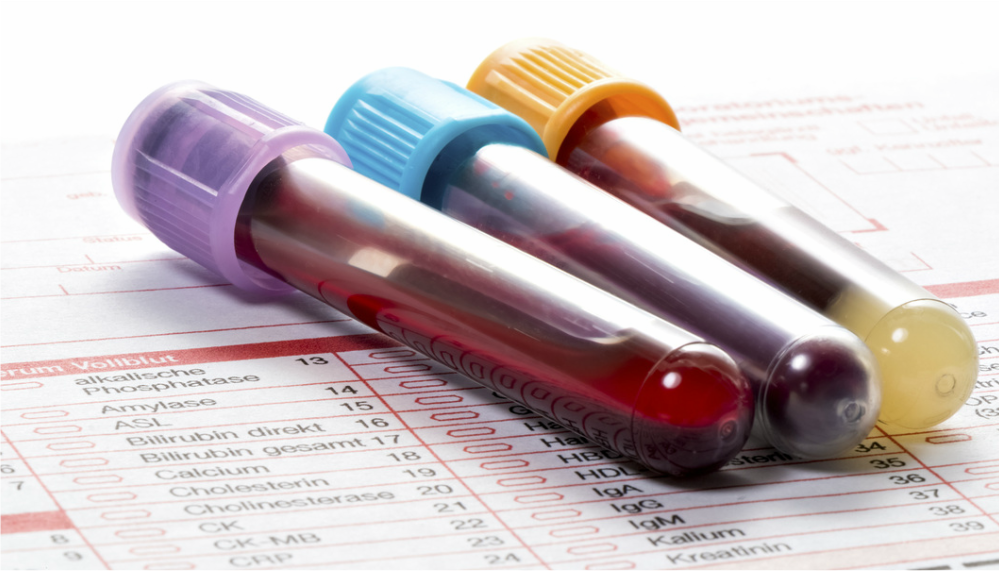Screening/Diagnosis
|
Even Toxoplasmosis affects the unborn and people with suppressed immune systems, such as those with cancer or who are HIV-positive. For the immune-suppressed, the disease is diagnosed when symptoms develop. In unborn babies, it is more difficult.
Screening in Pregnancy Pregnant women are not routinely screened in the United States unless your doctor determines you are at high risk for the disease or suspects you may have developed the infection. If this is the case, your doctor will order a blood test. Even if the initial results are negative, additional monthly tests are the only way to confirm no infection is present. If you garden, spend time in sand playgrounds or on the beach, you may want to ask to be screened monthly, even if your doctor does not think you are high-risk. What Test Results Mean
A blood test can determine if your body has produced antibodies to the toxoplasmosis infection.
|

